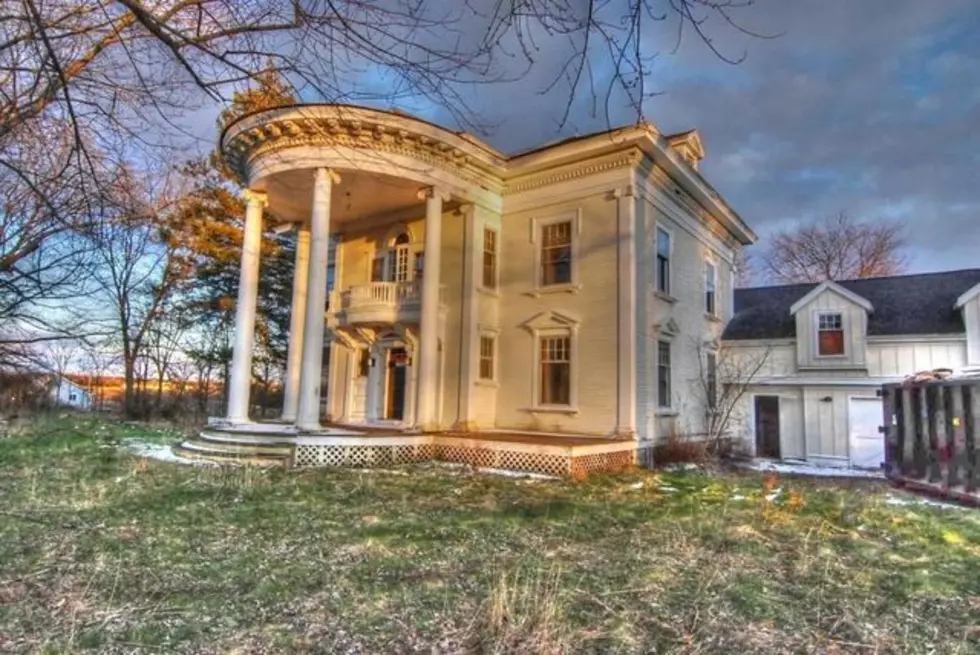
Bruce Springsteen, Bryan Adams Cancel Shows In Protest Of New Anti-LGBT Laws
Bruce Springsteen took a pretty big stand against North Carolina’s so-called “bathroom law,” which was passed last month and denies rights to the LGBT community. The Boss was due to perform in Greensboro last night, but canceled the show over the controversial law.
"[This law] dictates which bathrooms transgender people are permitted to use," Bruce wrote on his website. "Just as important, the law also attacks the rights of LGBT citizens to sue when their human rights are violated in the workplace. No other group of North Carolinians faces such a burden. To my mind, it’s an attempt by people who cannot stand the progress our country has made in recognizing the human rights of all of our citizens to overturn that progress."
While Bruce apologized to his “dedicated fans in Greensboro,” he noted, “some things are more important than a rock show and this fight against prejudice and bigotry — which is happening as I write — is one of them.”
- At the Rock and Roll Hall of Fame induction, E Street Band memberSteve Van Zandt elaborated on Bruce's decision to cancel the show. "We just felt the issue was just too important,” he said. “This really vile and evil discrimination is starting to spread state to state and we thought we better take a stand right now and catch it early and maybe try and stop it. At least set some kind of example for others.”
- Later, North Carolina representative Mark Walker called Bruce's actions a "bully tactic." "It's disappointing he's not following through on his commitments," the Republican congressman told The Hollywood Reporter. "We've got other artists coming soon — Def Leppard, Justin Bieber. I've never been a Bieber fan, but I might have to go. Maybe artists who weren't 'born to run' deserve a little bit more support."
FYI -- Bruce wasn't the only rocker walking the walk of civil rights. Bryan Adams followed The Boss' lead and canceled Thursday's scheduled concert in Mississippi as a protest of the state's controversial new "religious liberty" law.
Adams was scheduled to play at the Mississippi Coast Coliseum in Biloxi. In a statement, the rocker explained, he can't "in good conscience" perform in a state where "certain people are being denied their civil rights due to their sexual orientation."
That law has been described by some as the most aggressive anti-LGBT legislation in America.
More From 98.7 WFGR
![Red Wings Extend Their Playoff Streak To 25 Seasons [Video]](http://townsquare.media/site/46/files/2016/04/520018816.jpg?w=980&q=75)






![Jerry Seinfield, Chris Rock, Ricky Gervais, & Louis CK talk about Comedy [NSFW]](http://townsquare.media/site/46/files/2016/04/GettyImages-470192503.jpg?w=980&q=75)

